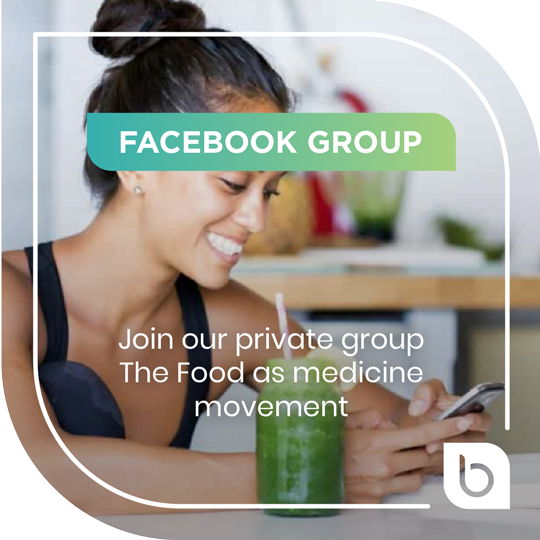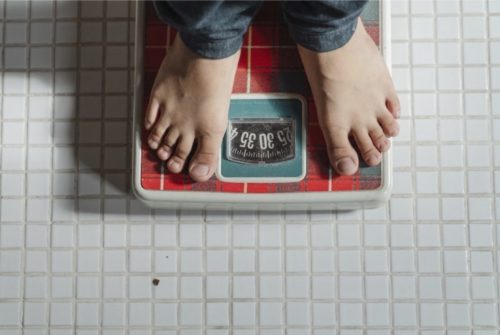Why Do Diets Fail?
Too often, we commit to getting fit and healthy only to fail at building long-term healthy habits, and making ourselves miserable in counting calories.
We end up asking ourselves, “Why is it that every diet under the sun never fulfills our desire for the ‘ideal me'”?
The answer lies in the outdated mindset that one must move more and eat less to be healthy and lose weight.
This approach is the opposite of what our bodies need.
Food is energy. So “move more, eat less” means “expend more energy, refuel less.”
Depriving and restricting the body is actually punishing it, cutting off the nourishment needed to convert fat to energy.
This toxic cycle of destructive eating forces us to look at food in a harsh, negative light.
Restore the Balance
Betr’s goal is to shift the dieting paradigm of “move more, eat less” to “eat more, stress less.”
Our bodies are meant to be fed, not starved, and we need to focus on what we put in them, not what we take away from them.
The true answer lies in one word – Nourish.
When we find the right foods that truly nourish the body with what it needs, we feel satisfied.
We don’t suffer the hunger and cravings that accompany diets.
Our activity is fueled by the energy from nourishing food.
Instead of punishing your body, start building a positive relationship with food.
3 Tips to Building a Positive Relationship with Food
- Pay attention to how you feel after you eat: Make a food diary, and record how foods make you feel. Focus more on eating the foods that help you feel energized for longer and less time eating the foods that make you feel tired and sluggish. Food affects people differently, so your list of energizing foods may be different from someone else’s.
- Don’t worry about fads: There are so many diets out there from keto, paleo, whole 30, vegan… the list goes on. Fads are a one-off that may help you lose weight quickly but are not sustainable. Focus on nourishing your body with whole foods that taste good and are good for you.
- Building a healthy, positive relationship with food takes time: This is real life. You will go out to lunch with friends or go to big family gatherings that have a buffet of foods you don’t normally eat. It’s okay. Building a healthier, positive relationship with food means that you don’t have to feel guilty for having things in moderation. Just get right back to eating whole foods the next day.
Once you see the positive change in how you think about food, you will feel energized and motivated to accomplish other goals in your life.





